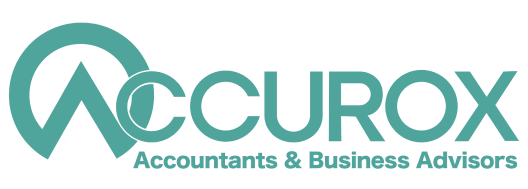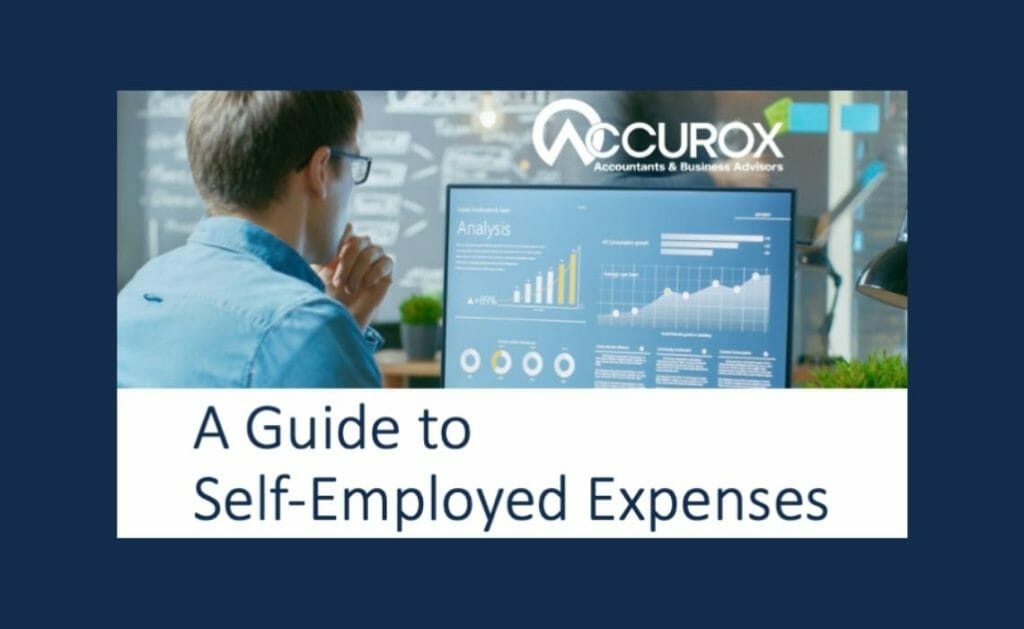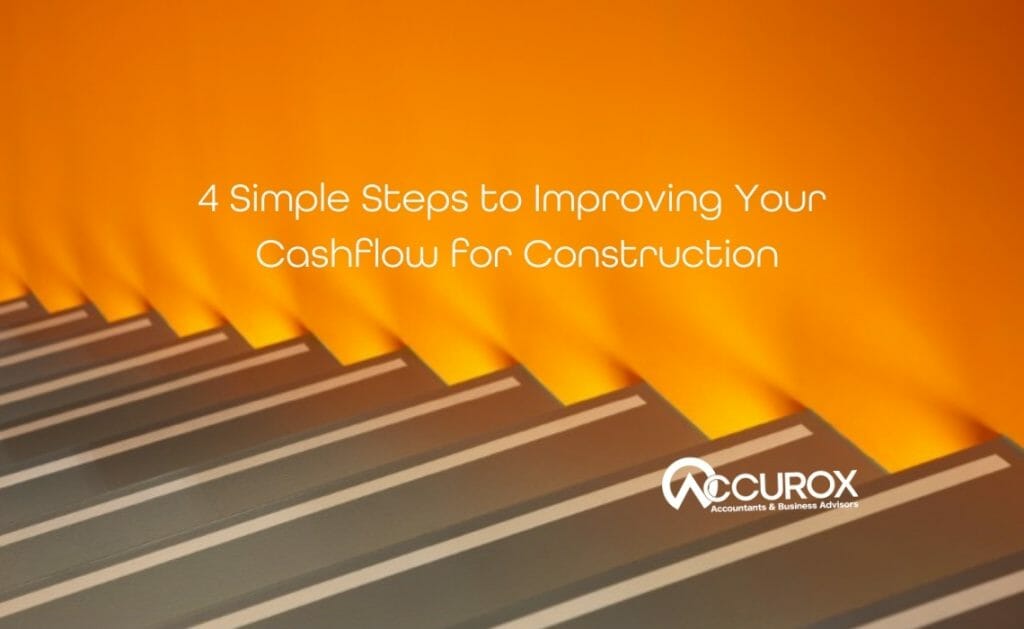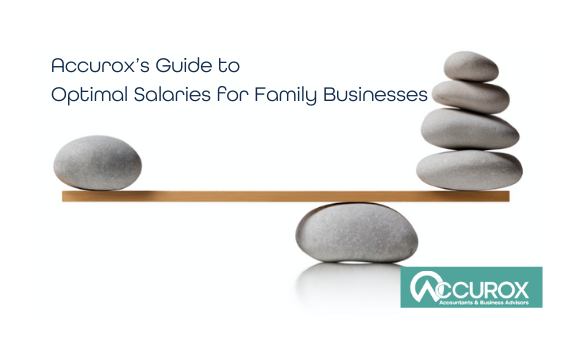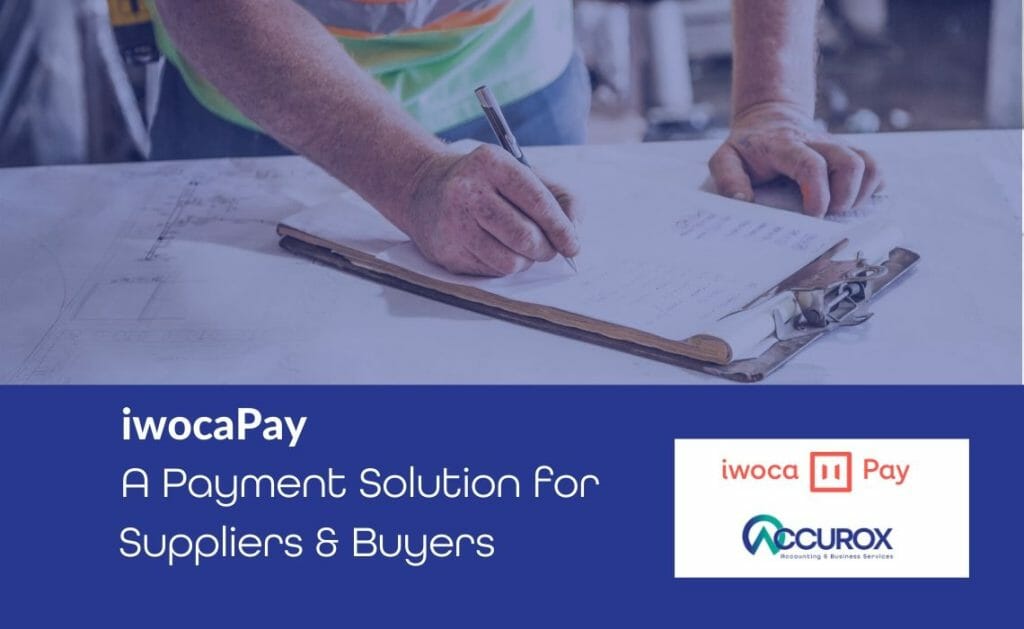Despite the fact that we are undergoing a recession following COVID-19, house prices have, so far, not been dropping. Ironically, this has partly been because of the lockdown, as the demand for homes with more space has rocketed.
But no matter what the external circumstances, looking for a mortgage when you run your own business or are self-employed can seem like a gargantuan task. It’s commonly assumed that records needed to secure a mortgage while self-employed are going to be numerous and complicated. So, many give up before they even start.
However, running your own business does not mean you are any less likely to receive an approved application. With the right advice and records, this is still very possible. How much you can borrow, is usually determined by an affordability calculator. As well as looking at the net profit of your business, any dividends, and shares; lenders will also take into consideration your lifestyle, spending and other commitments, as well as any dependents you may have.
If you are looking to obtain a mortgage soon, the higher your taxable income, the more in theory you can borrow. Therefore, it may be wise to hold off using legitimate methods to reduce your taxable income. The same can be said for any extravagant purchases being put through as expenses. Lenders will be looking at all these figures when calculating how much you can borrow.
Here at Accurox we have had plenty of experience supporting business owners secure mortgages. Here are our tips on what you need to do, and what you should avoid!
Make Sure Your Accounts are in Order
Banks really don’t care if you are employed or self-employed. What they are actually interested in is whether you can afford and keep you your mortgage repayments. This is easier to see for an employee, as their PAYE records will show clearly how much they earn each month, and therefore what they can afford to contribute monthly towards a mortgage.
Nevertheless, the same can be said for self-employed business owners who keep accurate, up to date accounts which illustrate average profits. A jumble of invoices, expenses, dividend payments and tax bills, for instance, will be exceedingly difficult for your lender to make sense of and take into consideration. In fact, it might add to the sense that you are unable to manage your finances. Therefore it is vital to be able to present well organised accounts. Most business owners use the professional services of an accountant to keep their accounts in order. So, your first step should be to seek your accountant’s advice when you decide to seek a mortgage.
Find a Good Mortgage Broker
A mortgage broker will be able to look at your current circumstances and ascertain which lender will be better suited to you. Not all lenders have the same criteria so it’s important to speak to a broker who can help you with this. Your accountant may be able to point you towards a trustworthy broker.
Check Your Credit Score
A good credit score is a necessity when applying for a mortgage. Your score will show if you have bad debt, not made your month payments or are using too great a proportion of the credit available to you. There are many credit report companies online, but beware of using comparison sites as they may run multiple checks, which sometimes can affect your rating in the short term. Your mortgage broker should be able to advise you on the best method to use. Also, make sure you are on the electoral roll through your local council as this will help when looking at your credit score.
Debt, Overdrafts and Loans
Too many debts, overdrafts and loans can be a problem when applying for a mortgage. You credit score will drop if your credit cards reach maximum, so seek advice if this is the case. One way to reduce this is to spread the balance due across two or more cards. However, if you only pay off the minimum payments each month it could highlight a red flag to the lender, as they may assume you could be in financial difficulty.
Consolidating your debt might look better than lots of credit card bills. However, it is particularly important to avoid payday loans. Many lenders will decline to lend from the offset if you have a history of using payday loans.
Secure Your Deposit
One of the most important things you need to secure you mortgage offer is to have a deposit of at least 5% (more may be required from your lender). If you have a deposit ready to go towards buying a house, you will need to prove this with a statement showing funds held. If you are being gifted some funds by family members, this will need to be confirmed in a statement letter.
Once you have taken the 5 steps above, you will be ready to apply for your mortgage. We’ve listed below other documents you will need to have ready when you begin the application.
Your Mortgage Application Checklist
- Photographic ID
- Proof of address
- Limited company accounts – Owners of limited companies provide a must provide a minimum of two years’ worth, although some lenders may accept one year’s accounts.
- Personal tax return – Some lenders will accept one year’s SA302 from the self-employed. However, three years will give you access to all the deals out there on the market. These records must be dated less than 18 months old.
- Contractors – Contractors should provide a minimum of 12 months of contracts. These must clearly state your daily rate and be signed by all parties involved.
- Bank statements – Lenders will expect copies of the last three months of your bank statements.
- Life insurance – For lenders to agree to a mortgage you will need to put in place life insurance to cover the mortgage. A copy of the policy will need to be provided.
